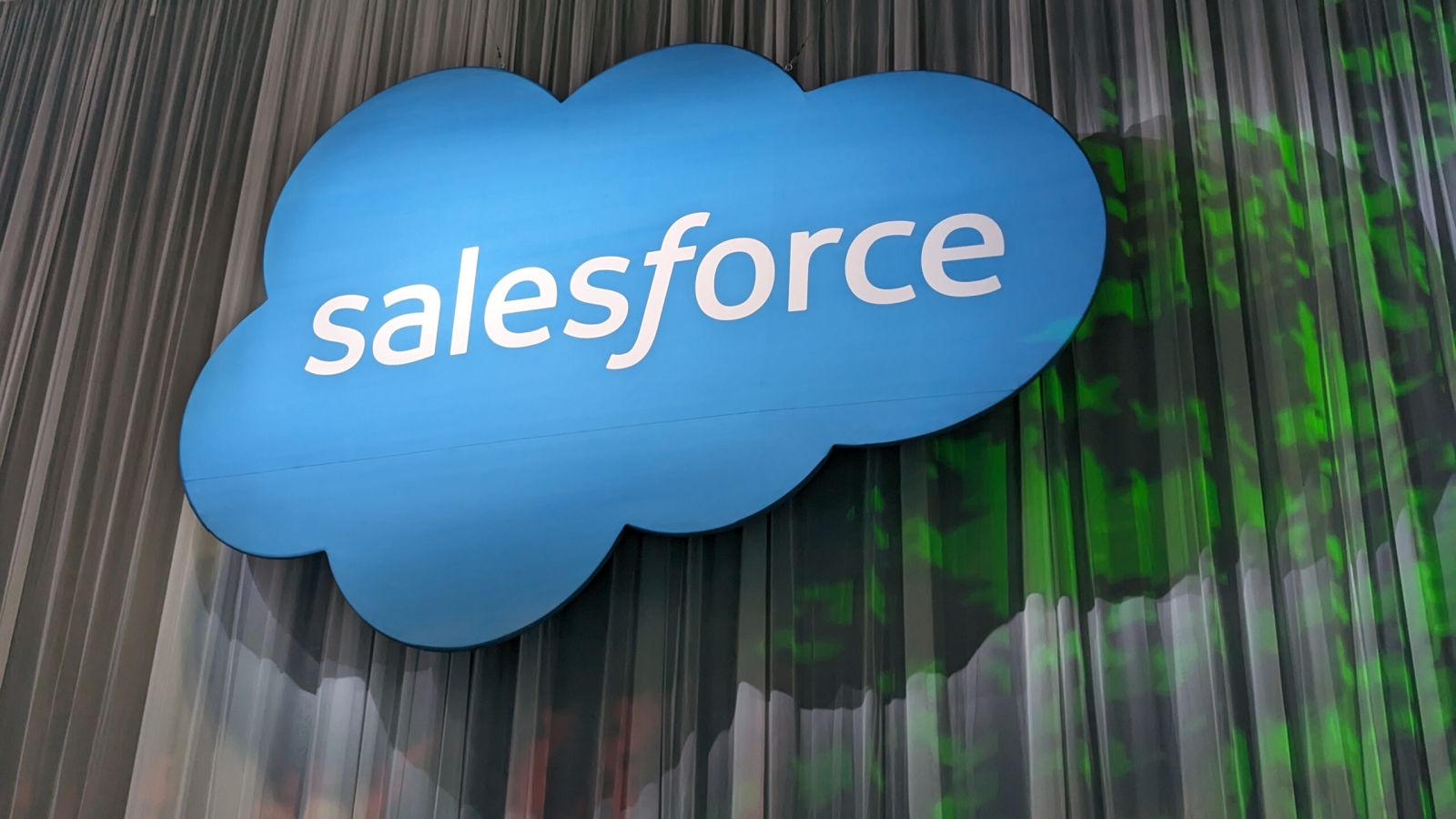Introduction
AI agents have enabled Salesforce to cut about 4,000 support roles, a move that highlights automation's trade-offs on service quality and employment.
Brief definition
AI agents: autonomous generative systems that handle customer requests, make calls and automate routine support workflows.
Context
Salesforce CEO Marc Benioff said AI adoption reduced support headcount from roughly 9,000 to 5,000; he claims agents now handle 50% of conversations and allow outreach to previously uncalled leads.
The problem / Challenge
The core challenge is balancing efficiency with service quality: automation scales operations but raises questions about when human intervention is necessary and the employment impact on support staff.
Solution / Approach
Salesforce deployed agentic AI to automatically call leads and handle repetitive interactions, while retaining human oversight through real-time supervision tools to step in when agents are uncertain.
"I was able to rebalance my head count on my support. From 9,000 heads to about 5,000 because I need less heads."
Marc Benioff, CEO / Salesforce
Practical impact
Immediate effects include increased outreach capacity — Benioff referenced some 100 million leads not called back over 26 years — and half of conversations handled by AI agents, with reported stable customer satisfaction scores.
How it works in practice
The approach couples autonomous agents for repetitive tasks with human supervisors for escalations, using omnichannel monitoring to ensure coordinated human-agent collaboration.
Risks and limitations
Results vary: agent performance depends on data quality, implementation and governance; other firms like Klarna reported lower-quality outputs and rehired humans for complex tasks.
Conclusion
AI agents can unlock scale and contact previously unreachable customers but require oversight, measurement of satisfaction and workforce strategies to address displacement risks.
FAQ
1) What are AI agents and how does Salesforce use them?
AI agents are autonomous systems managing conversations and calls; Salesforce uses them to re-engage leads and handle roughly 50% of support interactions.
2) Why did Salesforce reduce support headcount?
Benioff says automation via AI agents lowered the need for human support, decreasing the team from about 9,000 to 5,000 staff.
3) Do AI agents lower customer service quality?
Salesforce reports similar satisfaction scores post-adoption, but quality depends on implementation, data and human oversight.
4) What workforce risks come with AI agents?
Risks include job reductions in repetitive roles and the need to retrain staff for higher-value responsibilities.
5) How can companies mitigate layoffs from AI agents?
Businesses can invest in reskilling, internal mobility and redesign roles to combine automation with human supervision.
6) Can AI agents handle complex conversations?
AI agents are effective for routine tasks; complex cases typically require human escalation or hybrid workflows.
7) What monitoring does Salesforce use for agents?
Salesforce uses real-time omnichannel supervisory tools that let managers monitor and intervene in human-agent collaboration.
8) What does 50% conversation handling by AI agents mean for customers?
It means greater scale and potentially faster responses, but companies must maintain controls to preserve perceived service quality.
